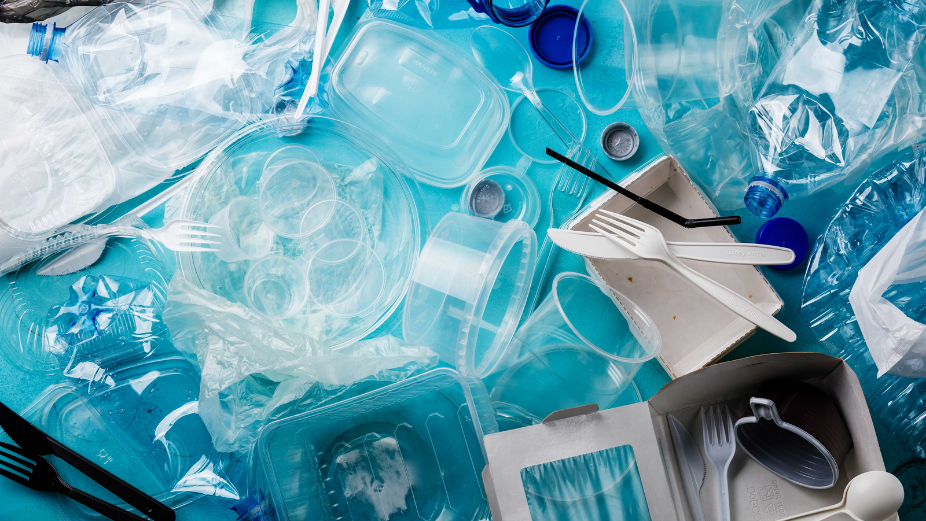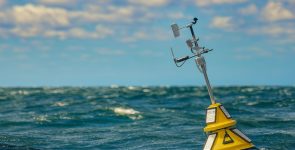President Ibrahim Mohamed Solih has declared a list of Single-Use Plastics (SUPs) banned for import into the Maldives from June 1, 2021. The list, formulated under Presidential Decree, was published in the Government Gazette today.
By June 1, 2021, the following items will be prohibited to import:
- drinking straws,
- plates, cutleries and stirrers,
- styrofoam lunch boxes,
- 30×30 cm carrier bags,
- betel nuts in plastic wrapping,
- below 250ml coffee cups,
- cotton wool buds,
- 50 ml and smaller toiletry bottles,
- and below 500ml PET beverage bottles.
After December 1, 2022, importation of carrier bags below 50-micron thickness, 50-200 ml toiletry bottles, and one-litre PET beverage bottles, will also be prohibited.
Phasing out the use of SUPs in the Maldives is one of the Government’s key environmental pledges. During the first 100 days following his inauguration, President Solih launched a campaign to minimize SUP-use in the President’s Office, where he noted the use of SUPs in the Maldives had been at an alarmingly high level. Research shows that if current trends continue, there will be more plastic in the sea than fish by 2050. The Maldives is also a member of the Commonwealth Clean Ocean Alliance, an action group devoted to tackling marine plastic pollution.
The first step of the phase-out plan began with the ratification of the 18th Amendment Bill to the Export-Import Act of Maldives (Act No. 31/79) on December 22, 2020, which vests the President with the authority to compile and publicise a list of goods classified as SUPs banned from import, and to add or remove items from that list.
On June 1, 2021, President Solih’s initiative to phase-out SUPs by 2023 will come into force. With this plan, the President hopes to negate the harmful effects of single-use plastic on the Maldives’ vulnerable marine environment and on human health. The SUP Phase-out Plan was drafted by a diverse committee of experts, policy-makers, and civil society representatives, and is based on rigorous public and stakeholder consultation sessions.
The plan encompasses regulations on the import, production and sale of selected SUP products and will be rolled out in stages. Alongside these measures will be the introduction of an Extended Producer Responsibility programme.
These efforts will be complemented by strategic awareness and educational campaigns to amplify the plan’s effectiveness and steer the country in a greener direction.



















